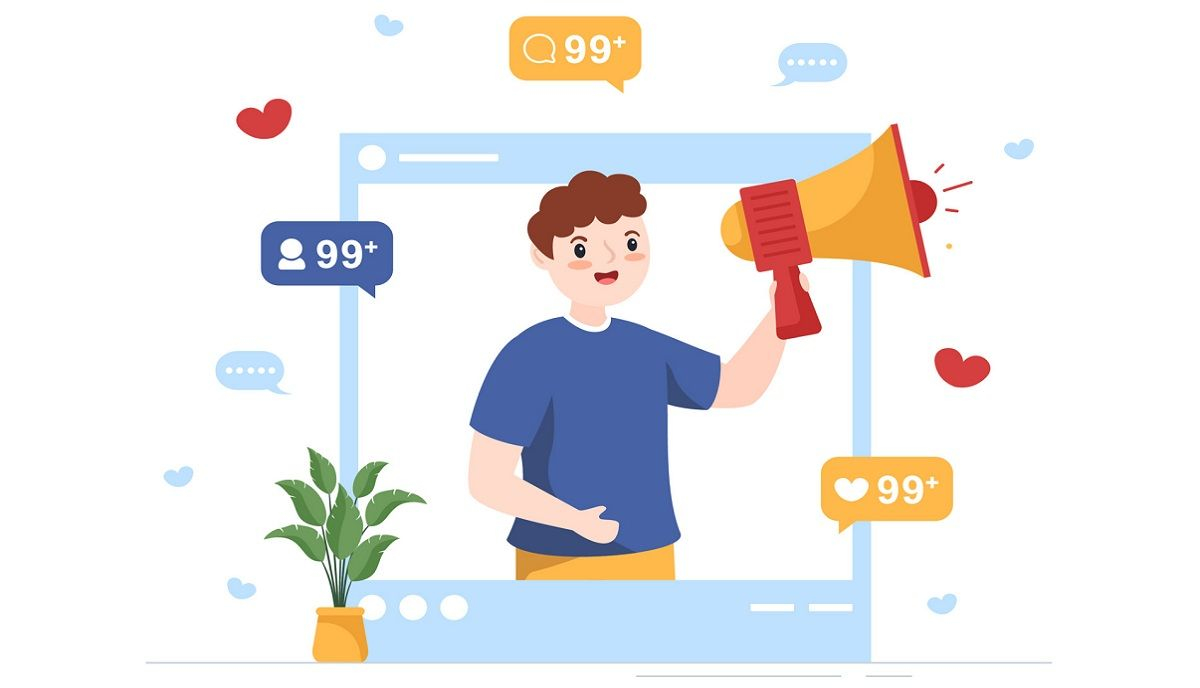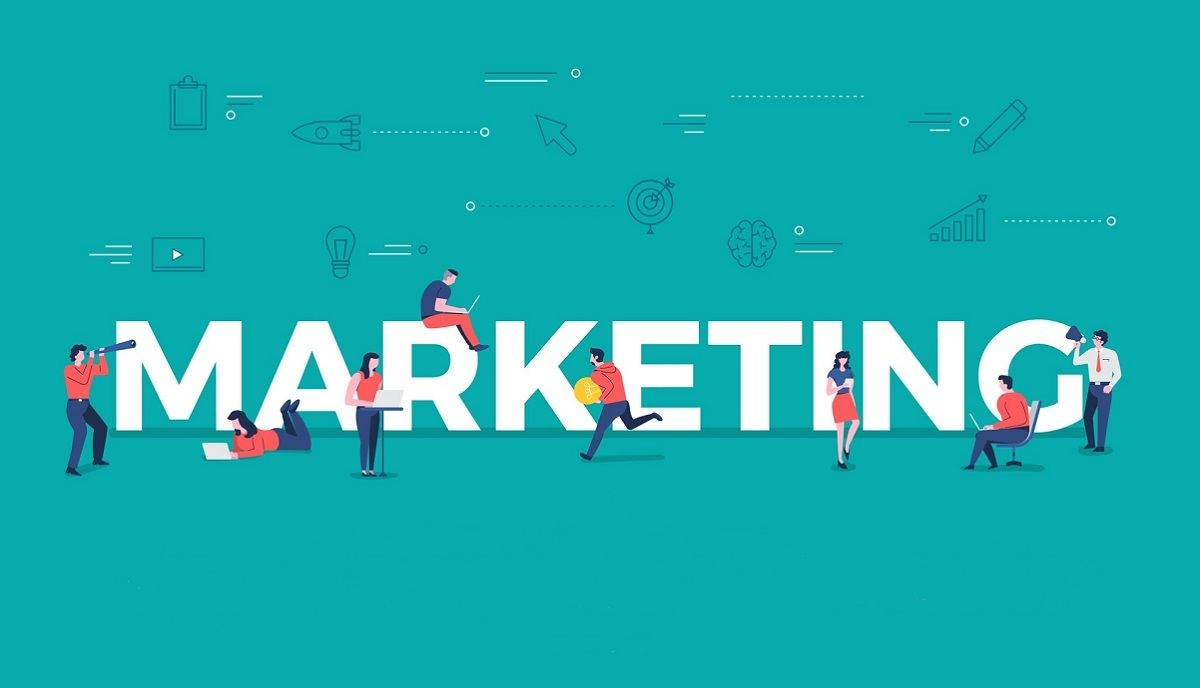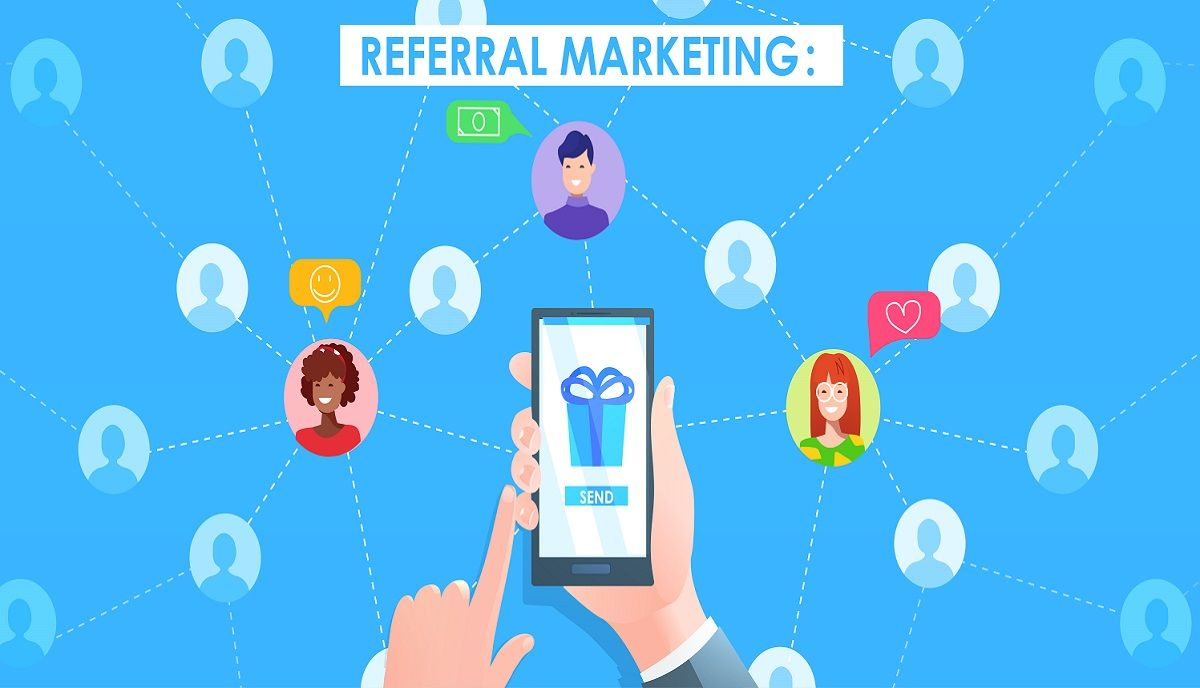Loyalty
How to Use Personalized Marketing to Grow Your Ecommerce Business in 2023
Customers look for recognition from the brands they encounter. It’s like visiting a favorite restaurant and be...


Weekly newsletter
No spam. Just the latest releases and tips, interesting articles, and exclusive interviews in your inbox every week.
Tags
AI and Personalization
Customer Retention
Authors
Daniela Andreevska
Daniela has 6 years of experience in digital marketing for ecommerce businesses.
Aws Alnabulsi
Aws is the Co-Founder of Coretava, a complete retail ecommerce growth platform. He has 6+ years of experience in managing and growing ecommerce businesses.
Carlos Guerberoff
Head de Parcerias na Coretava. Especialista em desenvolver e fortalecer relacionamentos estratégicos. Orientado para resultados e apaixonado por construir conexões duradouras.
Henrique Letoldo
Head of Sales na Coretava. Com vasta experiência em liderança de equipes comerciais, busca constantemente impulsionar o crescimento e maximizar resultados. Apaixonado por inovação e estratégias de vendas eficazes.
Aws Alnabulsi
CEO e fundador da Coretava. Visionário e empreendedor apaixonado, lidera a equipe com visão estratégica e inovação, buscando transformar o varejo através de soluções tecnológicas.
Customers look for recognition from the brands they encounter. It’s like visiting a favorite restaurant and being greeted by name. Personalized marketing allows businesses to create a tailored experience for each and every visitor, even when they’re new customers.
With AI and machine learning-driven algorithms, marketing personalization platforms work behind the scenes to track activity and capture real-time data points.
Customers should know what information is being gathered, how long it's stored, and how it's being utilized to enhance their shopping experience. It's all about building trust.
Core Marketing can be a valuable partner for ecommerce businesses. With our expertise, we help navigate the realm of ecommerce personalization, creating unforgettable experiences for customers while building lasting relationships.
Whether you're a brand aiming to deliver that extra special touch or a shopper craving a personalized journey, Core Marketing helps to make it happen.
Table of Contents
- What Is Personalized Marketing?
- The 5 Hottest Personalized Marketing Trends in 2023
- What Are the Benefits of Personalized Marketing?
- What Challenges with Personalization in Marketing Should You Keep in Mind?
- How to Build a Successful Personalized Marketing Strategy
- Getting Started with Personalized Marketing for Your Ecommerce Business
What Is Personalized Marketing?
Personalized marketing tailors ecommerce marketing efforts and messages to individual customers based on their unique characteristics, preferences, behaviors, and interests. It goes beyond a one-size-fits-all approach and aims to create customized experiences that resonate with each customer on a personal level.
Another personalized marketing definition lies in leveraging customer data and insights to deliver highly targeted and relevant content, recommendations, and offers.
Various data points such as past purchase history, browsing behavior, demographic information, and even real-time interactions are analyzed to segment the audience into smaller, more specific groups. This segmentation allows businesses and the tools they use to craft personalized messages and experiences that address specific needs, pain points, and desires.
Personalized marketing utilizes advanced technologies like AI, machine learning, and data analytics to automate the process of ecommerce personalization in marketing and beyond.
These technologies enable businesses to track and interpret vast amounts of customer data in real time, enabling them to make data-driven decisions and deliver personalized content marketing across various marketing channels.
The goal is to enhance customer acquisition and engagement, improve conversion rates, foster brand loyalty, and ultimately provide customers with a more tailored and satisfying experience throughout their journey with a brand.
5 Personalized Marketing Examples
People enjoy feeling like VIPs. That's why personalized marketing is effective, despite all the excitement about snooping algorithms and personalized marketing statistics tracking us online.
Here are 5 of the most popular big names using personalized marketing techniques to grow:
1. Netflix
Netflix leverages personalized recommendations based on a user's viewing history and behavior to curate a personalized video marketing homepage that suggests movies and TV shows tailored to each user's interests, resulting in a highly personalized and engaging viewing experience.
2. Amazon
Amazon utilizes personalized product recommendations based on a customer's browsing and purchase history. By displaying "Recommended for You" or "Customers Who Bought This Also Bought" sections, Amazon enhances the shopping experience by suggesting relevant products that align with individual preferences.
3. Starbucks
Starbucks' mobile app allows customers to customize and order their favorite drinks, earning rewards and personalized offers along the way. The ecommerce app uses customers' order history and preferences to provide tailored promotions and suggestions, creating a personalized coffee journey.
4. Spotify
Spotify's Discover Weekly playlist uses algorithms to analyze a user's listening habits and preferences and then generates a weekly playlist of recommended songs tailored to each user's unique tastes.
5 .Nike
Nike's personalized email campaigns use customer data to deliver targeted content, including product recommendations based on browsing history, customized workout plans, and exclusive offers that align with individual interests and activities.
The 5 Hottest Personalized Marketing Trends in 2023
Technology advancements have made it possible for companies and marketers to hop into trends of personalized messaging and promotions that give customers a customized experience across various channels and buying stages.
Here are the 5 hottest trends you should keep in mind when launching your campaign:
1. Hyper-personalization
Brands are taking personalization to the next level by leveraging advanced technologies like AI and machine learning to deliver hyper-personalized experiences.
This includes real-time content customization, individualized product recommendations, and personalized customer journeys that cater to unique preferences and behaviors.
2. Contextual marketing
Contextual marketing focuses on delivering personalized messages and offers based on the specific context or situation in which a customer interacts with a brand.
Considering factors such as location, time, device, and even weather conditions, brands can provide highly relevant and timely content that enhances customer engagement and conversion rates.
3. User-generated personalized content
Brands are increasingly incorporating user-generated content (UGC) into their personalized marketing strategies.
Encouraging customers to share their experiences, reviews, and photos helps brands create authentic and relatable content that resonates with their target audience on a personal level, fostering trust and building a sense of community.
4. Voice and visual search optimization
With the rise of voice assistants and visual search technologies, brands are adapting their personalized marketing strategies to optimize for these new search methods.
Tailoring content and product recommendations to voice queries and visual searches helps capture the attention of consumers who rely on these emerging search trends.
5. Privacy-centric personalization
As data privacy concerns grow, brands are adopting privacy-centric approaches to personalized marketing. This includes transparent data collection practices, explicit consent mechanisms, and empowering customers with control over their personal data.
Brands that prioritize privacy build trust with customers and differentiate themselves in a privacy-conscious market.
What Are the Benefits of Personalized Marketing?
Businesses cater interactions and marketing efforts to specific customers when they personalize their marketing efforts. If you do it well, your company may attract devoted customers who identify with your brand.
Following are 7 distinct advantages of personalizing your marketing efforts:
1. Enhanced customer experience
Personalized marketing campaigns allow businesses to tailor their messages, content, and offers to individual customers, resulting in a more relevant and engaging experience. Addressing specific needs and preferences increases customer satisfaction and customer loyalty.
2. Increased conversion rates
Delivering highly targeted and relevant content drives higher conversion rates. Customers are more likely to respond positively to messages that resonate with their interests, leading to increased engagement and higher click-through rates.
3. Improved customer retention
Personalized marketing helps build strong relationships with customers. Understanding their preferences and providing tailored experiences helps increase customer retention rates.
Repeat customers are more valuable and tend to spend more, contributing to long-term business growth.
4. Higher customer engagement
Personalized marketing techniques, such as personalized recommendations, interactive content, and targeted promotions, captivate customers and encourage active participation.
This leads to increased engagement, including longer website visits, higher interaction rates, and more social sharing.
5. Maximized marketing ROI
Focusing marketing efforts on specific customer segments and delivering personalized messages helps businesses optimize their marketing budget.
Personalized marketing reduces wasted resources by ensuring that marketing activities reach the right audience with the highest potential for conversion, maximizing return on investment.
6. Competitive advantage
Personalized marketing allows businesses to connect with customers on a deeper, more meaningful level.
This level of personalization goes beyond generic marketing tactics and creates a sense of relevance and authenticity that captures customers' attention and makes a memorable impact.
7. Valuable customer insights
Personalized marketing relies on data collection and analysis, providing businesses with valuable insights into customer behavior, preferences, and trends.
This data can inform strategic decision-making, allowing businesses to refine their marketing strategies, improve products or services, and identify new opportunities for growth.
What Challenges with Personalization in Marketing Should You Keep in Mind?
While personalized marketing offers numerous benefits, businesses should be aware of the challenges they may encounter when implementing such strategies.
Here are some key challenges to consider when building your strategies:
1. Data privacy and security
Personalized marketing relies on collecting and analyzing customer data. Businesses must prioritize data privacy, obtain proper consent, and ensure robust security measures to protect customer information from breaches or misuse.
2. Data quality and accuracy
Personalization requires accurate and up-to-date customer data. Businesses need to address challenges related to data quality, such as incomplete or outdated information, to ensure personalized messages and recommendations are based on reliable data.
3. Managing customer expectations
As customers grow accustomed to personalized experiences, their expectations increase. Businesses must continually meet or exceed these expectations to maintain customer satisfaction and prevent disappointment or disengagement.
4. Scalability and complexity
Personalizing marketing efforts for a large customer base can be challenging due to the complexity involved in managing and analyzing vast amounts of data. Businesses need robust systems and technologies to handle the scalability and intricacies of personalized marketing at a larger scale.
5. Integration and data silos
Personalized marketing requires data integration across various platforms and systems. Overcoming data silos and ensuring smooth data flow between different departments and systems is essential to achieve a holistic view of the customer and deliver seamless personalized experiences.
6. Ethical use of data
Businesses need to be mindful of the ethical implications of data usage in personalized marketing. It's important to be transparent about data collection practices, obtain proper consent, and use customer data responsibly and ethically to maintain trust and avoid potential backlash.
7. Resource and technology requirements
Implementing personalized marketing strategies may require investment in technologies, tools, and skilled personnel to effectively collect, analyze, and leverage customer data. Businesses should consider the resource and technology requirements before embarking on personalized marketing initiatives.
8. Balancing automation and human touch
While automation plays a crucial role in personalization, finding the right balance between automated processes and maintaining a human touch is essential. Over reliance on automation can lead to a loss of personal connection and authenticity in customer interactions.
How to Build a Successful Personalized Marketing Strategy
At the core of personalization lies the foundation of comprehensive and well-organized data about your target audience. Once you know your target demographics, it makes it easier to adjust your marketing strategies.
Here are the most important steps to take in this direction:
1. Utilize the right tools and technology.
Invest in marketing automation and personalization platforms that can handle the complexities of data collection, analysis, and delivery of personalized content. For example, Core Marketing helps businesses identify and implement the right tools to streamline their personalized marketing efforts.
2. Implement email marketing with personalization.
Email marketing remains a powerful channel for personalized communication. Segment your email list based on customer attributes and behaviors, and use dynamic content to deliver personalized messages.
Core Marketing is a personalized email marketing software that resonates with specific customer segments.
3. Leverage SMS marketing.
Incorporate SMS marketing into your personalized marketing strategy. Send targeted SMS messages with personalized offers, order updates, or event reminders.
4. Make use of pop-ups and on-site personalization.
Utilize pop-up forms and on-site personalization techniques to capture customer information and deliver personalized experiences. Tailor pop-ups based on browsing behavior, purchase history, or customer preferences.
Core Marketing can help with this as well.
5. Collect and analyze customer data.
Gather relevant customer data to fuel your personalized marketing efforts. This includes data from website interactions, purchase history, surveys, and social media.
Core Marketing helps businesses establish robust data collection processes and utilize data analytics to derive valuable insights for personalization strategies.
6. Create customer segments and personas.
Segment your customer base into distinct groups based on demographics, preferences, behaviors, or purchase patterns.
Develop customer personas to better understand their needs and motivations, allowing for more targeted and personalized marketing messages.
7. Test and optimize.
Continuously test different personalized marketing approaches, messages, and offers to optimize their effectiveness. Utilize A/B testing and data-driven analysis to refine your strategies over time.
Core Marketing offers services for conducting tests, analyzing results, and providing insights for optimization.
Getting Started with Personalized Marketing for Your Ecommerce Business
The availability of technology for personalized marketing opens up endless opportunities for marketers. With a wide range of creative tactics, personalized marketing allows businesses to break through the clutter of generic campaigns.
Through personalization, marketers can establish stronger connections with their target customers and generate a positive return on investment (ROI) when combined with account-based marketing and strategic approaches.
But to see results, you don't have to put a lot of time or effort into personalization.
Create baseline tailored experiences using your available data, audience, and technologies to evaluate if they improve conversion. You can invest more in more sophisticated customization techniques the better they perform.
Core Marketing can help you create a personalized ecommerce marketing strategy that aligns with your business goals. They can assist in leveraging the right tools, optimizing campaigns, and analyzing customer data to deliver highly targeted and effective personalized experiences.
Partner with Core Marketing and empower your ecommerce business today.
Related Posts

Ready to Transform Your Retail Strategy?
Get a personalized consultation with our retail AI experts
Resources
Contact Us
+1 (415) 830-3900
info@coretava.com
Location
São Paulo, Brazil


